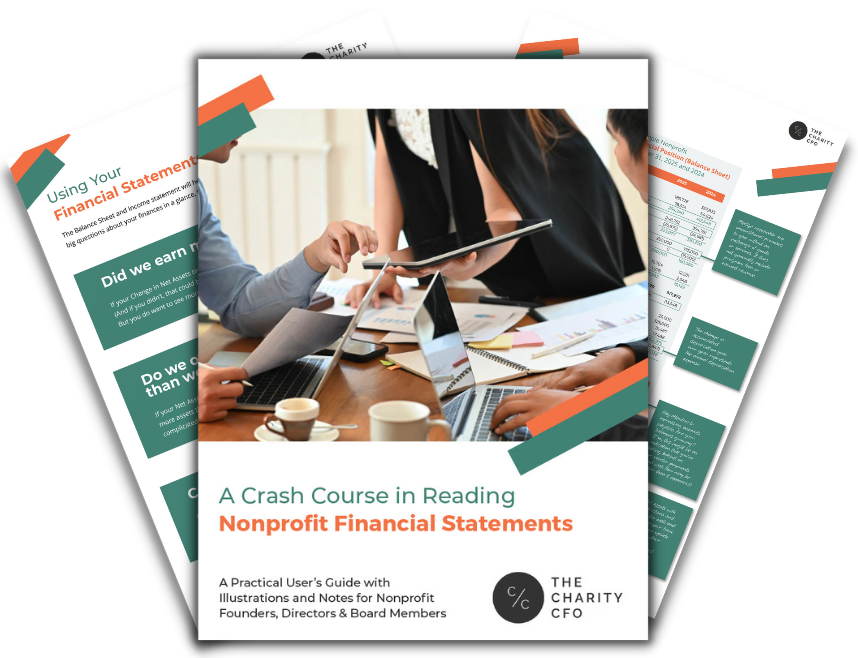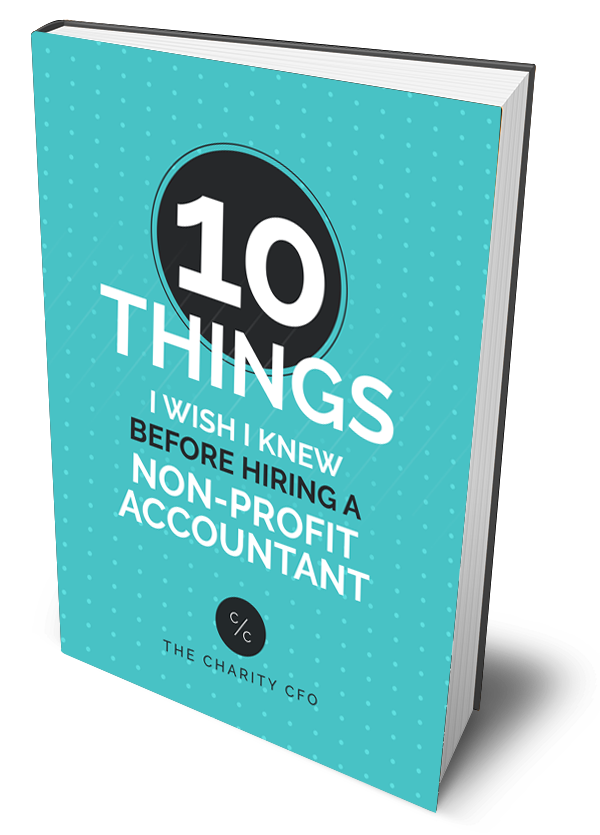Welcome to another episode of A Modern Nonprofit Podcast, where today we are joined by the founder of Grant Writing Made Easy and CEO of Krista Kurlinkus, LLC, you may have guessed it… Krista Kurlinkus!
With over 10,000 students and a Ph.D. in English-Rhetoric, Composition & Literacy Studies, Krista is nothing short of an expert in her field.
Her organization, Grant Writing Made Easy has a mission to help visionaries and changemakers get the grant funding they deserve through 1-on-1 grant writing consulting and affordable online grant writing courses.
Although Tosha has had guests on the podcast to talk about grant writing, she has yet to have one that touches a newly discovered area in business like Krista does, and that is through Artificial Intelligence (A.I.).
Yes you heard that right, Krista helps others utilize AI to perfect their grant writing.
Want to jump right into the episode? Check it out on Spotify or Youtube!
What is ChatGPT?
At this point, it’s likely you’ve come across Chat GPT, a free to use chatbot developed by OpenAI. But what is it exactly? Well, it has a number of uses, virtually unlimited. For example, Tosha who was born and raised in St. Louis, MO was curious about what ChatGPT knew about the city. Surprisingly, it developed a well formatted itinerary that was extremely accurate.
Although a minor example in Tosha’s case, Krista caught on early and knew that this tool was next level. She came across the platform when it first came out in November of 2022, and after some internal debate on whether to use the tool or not, she dove in head first.
By March of 2023 she was leveraging ChatGPT within her course work and even later developing a course titled, Write You Grant in One Hour Using AI.
Now to be clear, Krista isn’t necessarily using ChatGPT to find grant opportunities, as many times the search will result in outdated suggestions. She will however, use the program for:
- Design
- Drafting
- Research for Statement of Need
- Revision
Ultimately, she’s using the program for writing and ideation components. Not to mention, it does have the capability to transform written data into sorted tables, which can save loads of time.
Krista has also designed prompts for ChatGPT that are specific and can be used over and over again. She shares that the program is like an assistant that is not necessarily skilled in a certain area. Because of this, being extremely specific will help the suggested task to be completed with the highest percentage of accuracy.
ChatGPT is an extremely intuitive tool, but must be used correctly for it to work. In Krista’s examples, perfect inputs can lead to perfect outputs, but even the outputs can’t run a business.
So it truly is a matter of taking the data that is generated and using this in an effective way. She shares too, education and understanding the program lead to the best results.
Specific is Terrific
Tosha brings up a terrific point when it comes to entering questions into ChatGPT, but also in a general sense. The response from the program may not seem to provide ideal results initially, but if we were to go back to the question that was asked – there might be the root of the problem.
In any sense, when asking questions it’s important to be detailed because the better the question is understood, the better the answer will be.
It might be best expressed by saying, ask more quality questions and get more quality answers. Which is exactly where Tosha takes the conversation next. She inquires with Krista on how ChatGPT can improve the overall quality of the projects Krista has been working on.
To which, Krista shares that she has a client who works on humanitarian projects in Syria and Turkiye. Because of the complexity of the subject matter and history of middle eastern affairs, she and her team used ChatGPT to better understand the conflict in Syria. In the same breath, they asked the program to describe its understanding as it related to the specific program that her client was implementing. Eventually, this led to a $100,000 UN Grant and $500,000 Department of State Grant for Near East Affairs.
Once again, you’ll hear Krista say that ChatGPT was used as a tool to help with the successful grant writing, not a copy and paste formula that was sent in without reading or editing.
At this point, it’s well understood that Artificial Intelligence can be quite the useful tool in business, especially at a relatively low or even free cost point. Even with this, using the tool to free up time for nonprofit employees who might be wearing multiple hats as it relates to social media posting or spelling and grammar checks, all of this can certainly play into stretching budget and time.
All of these variables are exactly why Krista got into doing what she does today. She wanted to democratize access to grant funding for smaller nonprofits who were actively listening to their communities and doing the most to meet those community needs. She really is giving her clients access to a skill of grant writing without a long drawn out training process.
The goal of ChatGPT isn’t to eliminate jobs, but to help provide time to individuals, so they can focus more on areas they are highly skilled in.
The best way(s) to find Krista are by searching for:
- GrantWritingMadeEasy on Instagram
- GrantWritingMadeEasy on Facebook
- KristaKurlinkus on TikTok
- GrantWritingMadeEasy.com
We can assure you AI didn’t write this blog, so if you’re interested in hearing more from Tosha and her guests, make sure to check out the Charity CFO team on Youtube or our website, thecharitycfo.com!

Do You Struggle to Make Sense of Your Financial Statements?
Get our FREE GUIDE to nonprofit financial reports, featuring illustrations, annotations, and insights to help you better understand your organization's finances.
Get the free guide!



0 Comments